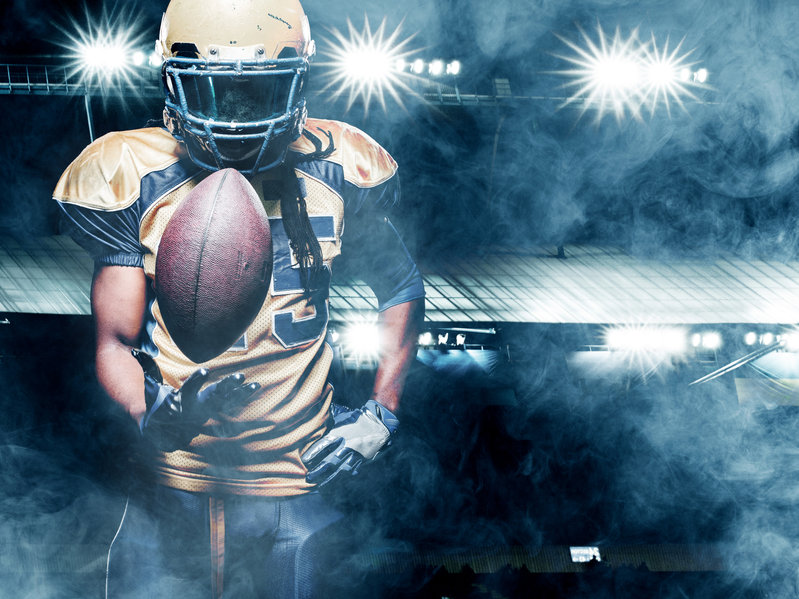College athletes are starting to benefit from being able to sell their name, image, and likeness (NIL). But these athletes may be in for a rude awakening come tax time because even freebies and other non-monetary payments can be considered income. It’s a lesson business owners need to understand as well.
Until recent months, college athletes were bound by strict rules that prevented them from participating in endorsement deals and other monetary arrangements. But in 2019, states started passing NIL legislation to allow college athletes to profit from their NILs. Texas joined their ranks on July 1, 2021, with the enacting of SB 1385. Several college athletes are already benefiting from the ruling. Take University of Texas athletes, for example, who quickly started profiting from their own clothing brands, appearances, and coaching sessions.
Forbes’ Robert W. Wood cautions that this great news could come with some hard, painful tax lessons.
“Athletes are unlikely to be hired as employees, so taxes won’t be taken out the way they would if they were getting a regular paycheck,” Wood explains. “That’s good and bad. It is good to get the bigger gross checks, and good to have extra planning and cash management potential. But it’s bad if the athlete thinks that check is 100% for them. Up to half—even more in some cases—could go to the IRS and their state. That will hurt.”
Many of these deals are subject to self-employment taxes on top of income taxes. One can assume that student-athletes aren’t particularly versed in this area. But Wood’s biggest note of caution is one that trips up business owners and executives time after time as well. It’s the taxability of “freebies.” The value of cars, trips, athletic gear, and more is taxable. Wood likens it to the taxable swag bags given out at the Oscars (which come with a nifty IRS Form 1099 for the value of the goods).
So NIL agreements can result in self-employment taxes when student-athletes start their own brands or serve as independent contractors for other businesses. They can also be taxed for accepting valuable free stuff. But there are other reasons they could be taxed. Bartering goods and services, for instance, can come into play when a student-athlete is given something of value in exchange for a public review or endorsement (most likely through social media). Even if no money is exchanged, the value of the goods or services is taxable because they were traded with the promise of something precious in return (a glowing TikTok review, for instance).
The different paths that lead to the same conclusion: taxes. Hey, kids, welcome to the big leagues (adulthood and taxes). And if you’re a business owner interested in working with student-athletes through NIL agreements, be sure to check with your tax advisor about the unintended tax obligations it could trigger for both your business and the individual. You may be able to write it off as a business expense or pass it on in the form of a 1099 but try not to catch your superstar spokesperson off guard because they won’t be so lucky. Feel free to contact us with questions.

